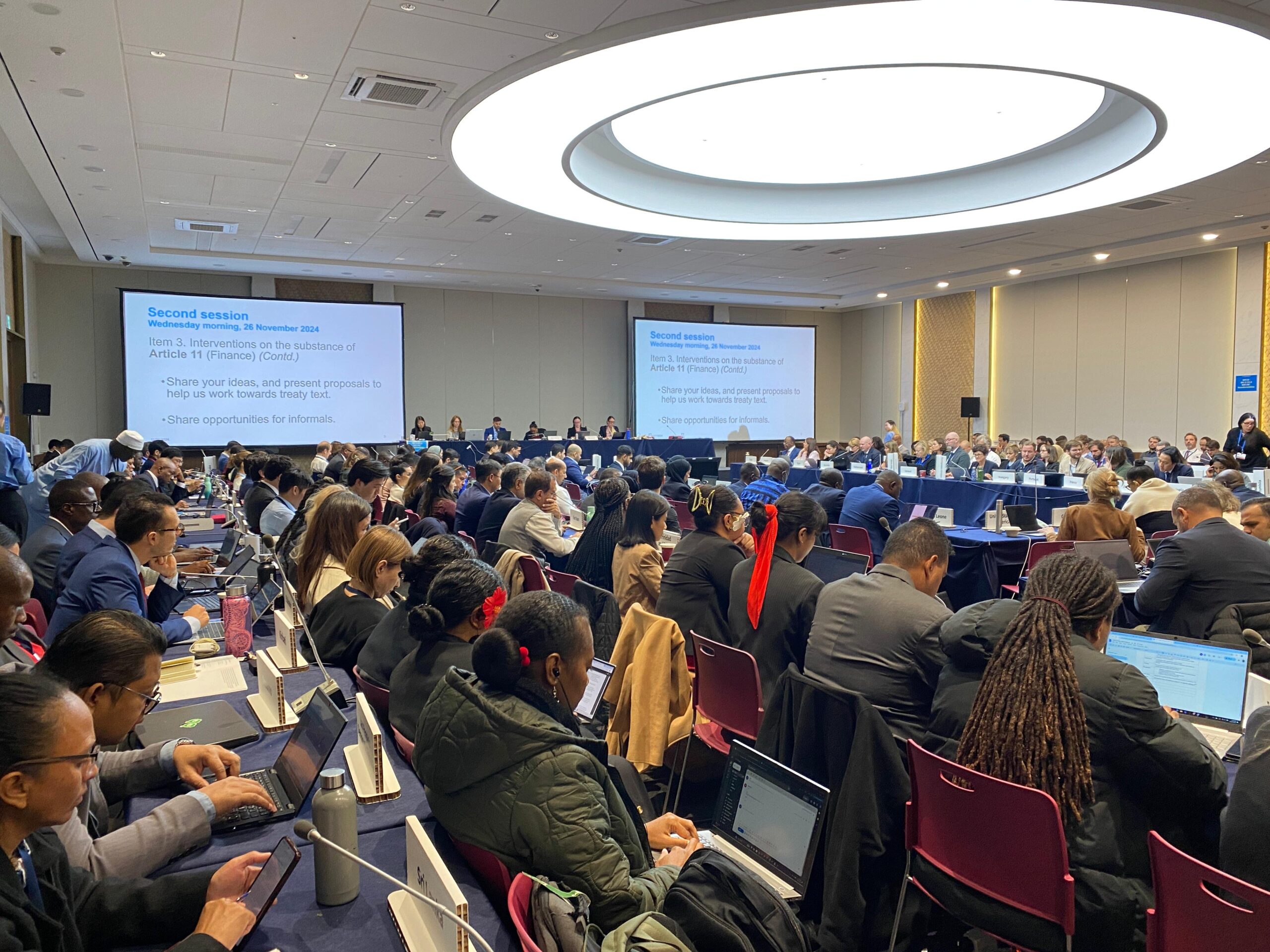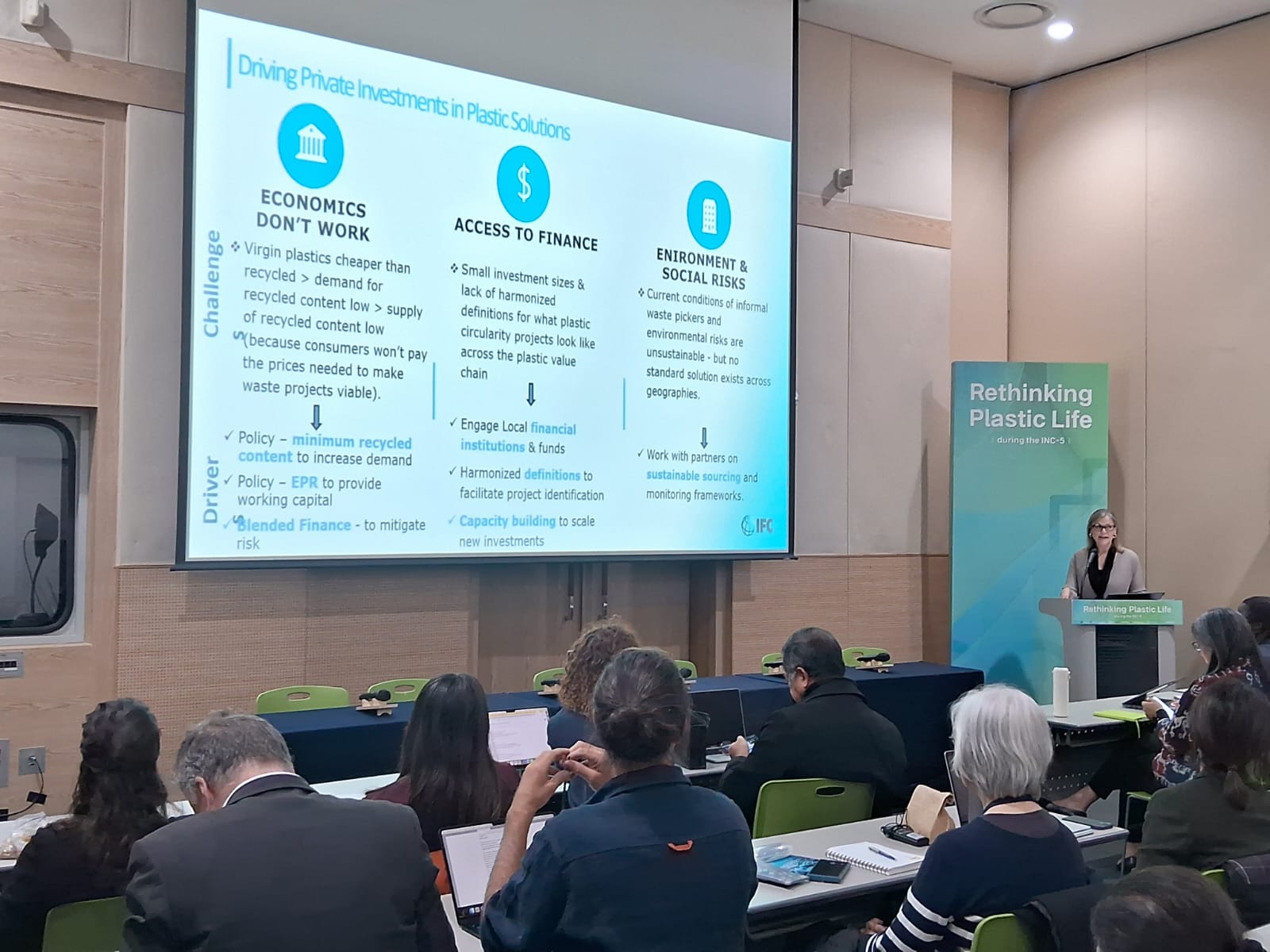UN Pushes for Swift Action to Finalize Global Plastic Pollution Treaty

Busan – The fifth session of the Intergovernmental Negotiating Committee (INC-5) commenced on November 27, 2024, with an urgent call to accelerate efforts toward a legally binding treaty to combat plastic pollution. With the December 1 deadline approaching, negotiators face mounting pressure to finalize an agreement, marking nearly two years of discussions since the United Nations Environment Assembly (UNEA) mandated the treaty in March 2022.
The treaty aims to address plastic pollution across its entire life cycle, from production to disposal. UNEA Resolution 5/14, which forms the basis of the negotiations, emphasizes sustainable consumption and production practices, a life-cycle approach, and the establishment of a financing mechanism to support developing nations in implementing treaty measures.
Despite some progress, discussions have been hindered by disagreements over critical issues such as capping plastic production and managing waste. Countries with large petrochemical industries, including Saudi Arabia and China, have resisted production restrictions, creating a rift with nations disproportionately affected by plastic pollution, such as small island states and lower-income countries.

The negotiations have also faced procedural challenges, with some delegates expressing frustration over the lack of progress. “The frustration is procedural,” said Eirik Lindebjerg, global plastics policy lead at the World Wide Fund for Nature, adding that countries pushing for a stronger treaty should not be hindered by those delaying the process.
Procedural delays and a lack of consensus on key sections of the treaty draft have further slowed progress. Negotiators have been urged to resolve simpler sections of the text quickly and advance them for legal drafting to prevent further setbacks. The inclusive approach outlined in the negotiation framework has been highlighted as a means to foster collaboration and ensure diverse priorities are represented.
As global concern over plastic pollution continues to grow, the treaty is viewed as a critical step in protecting marine ecosystems, promoting sustainable development, and addressing the broader environmental crisis. With just days remaining, negotiators must bridge divisions and deliver an ambitious, actionable treaty that meets the expectations of the global community.
